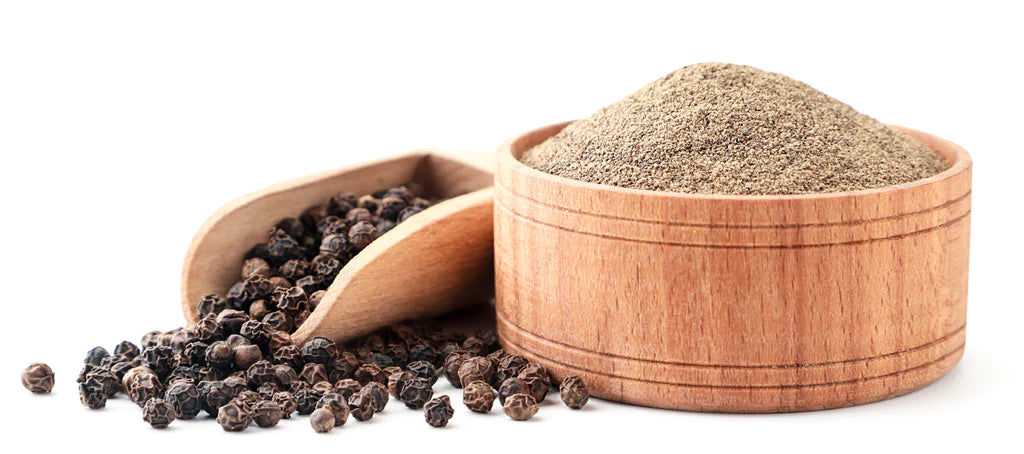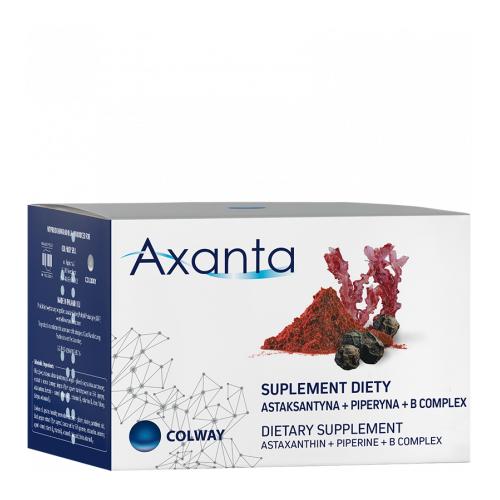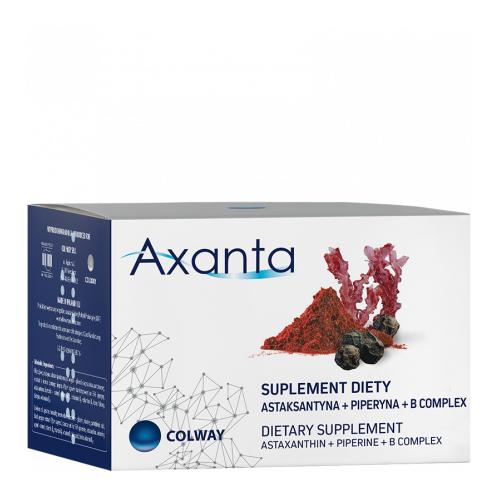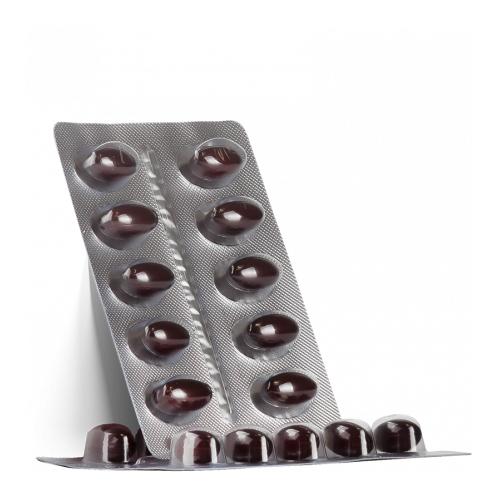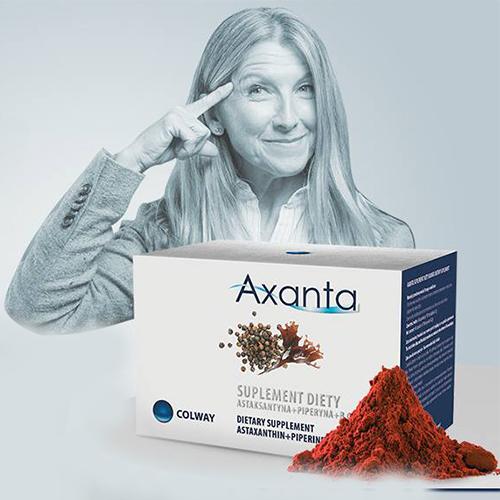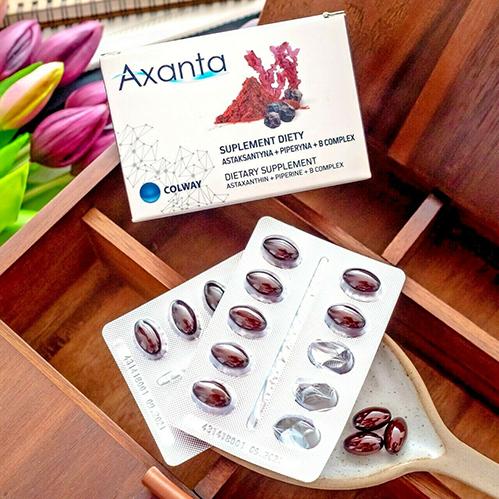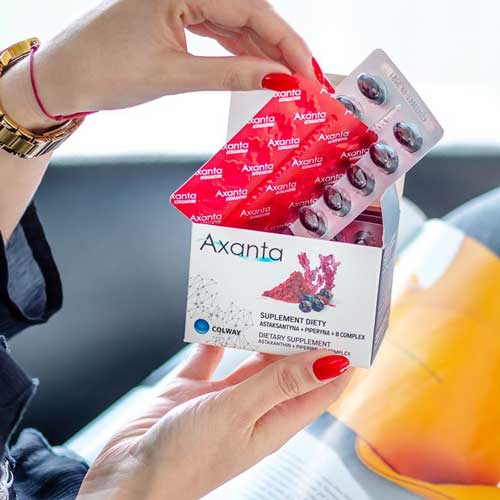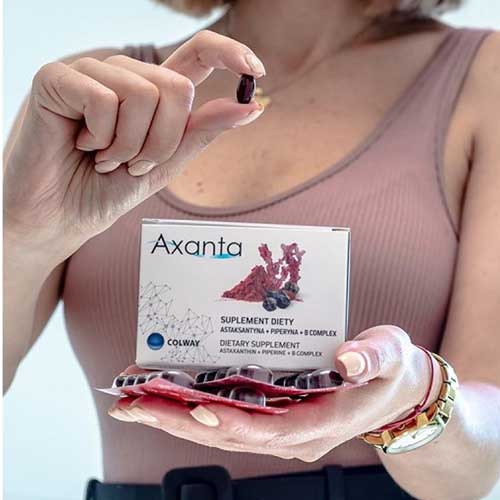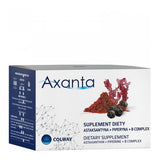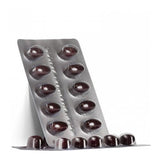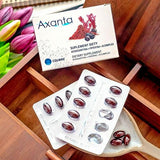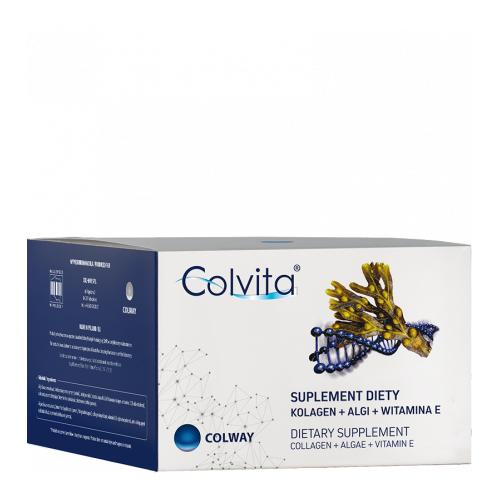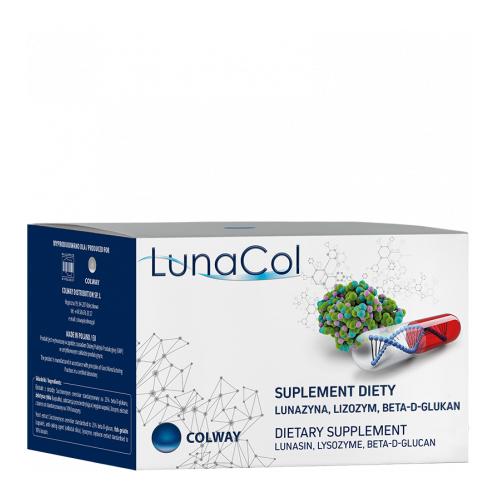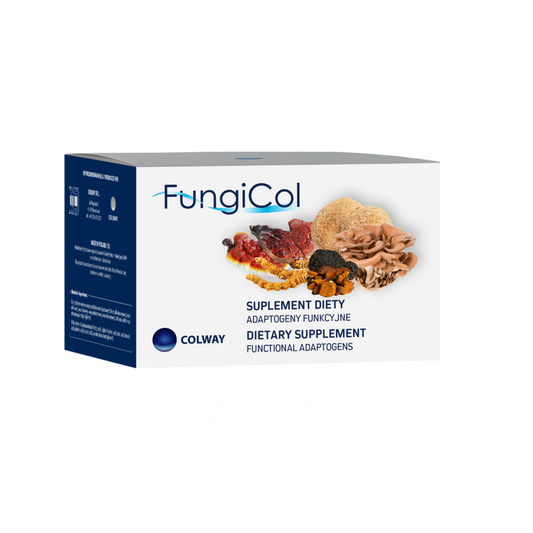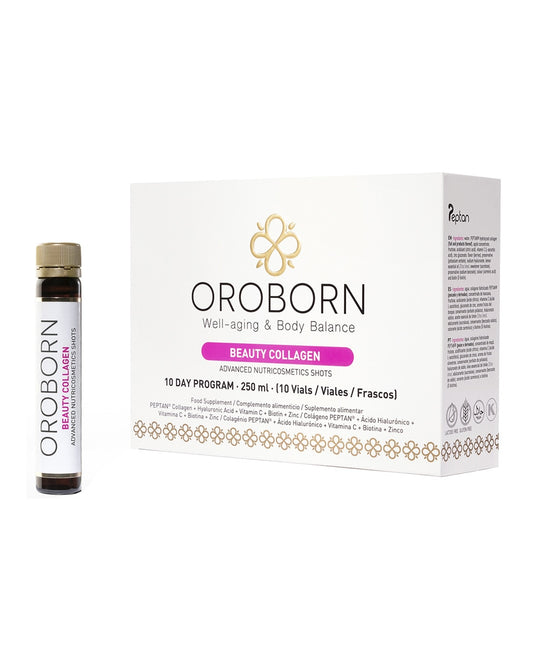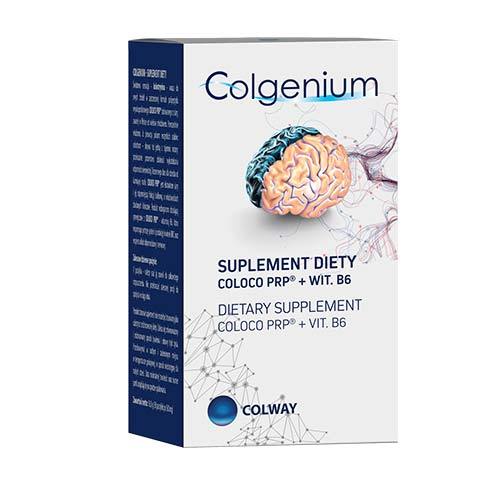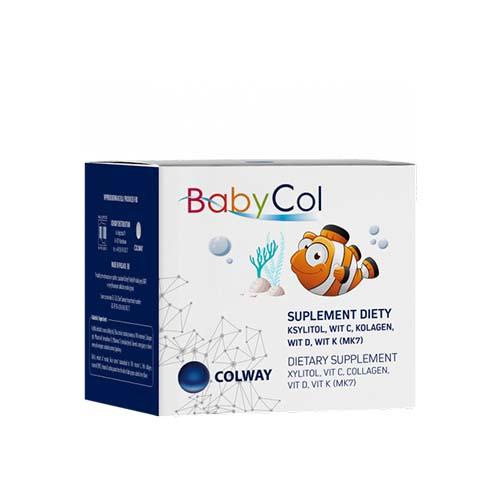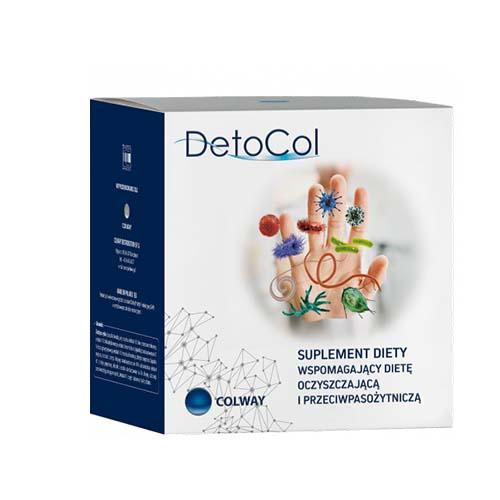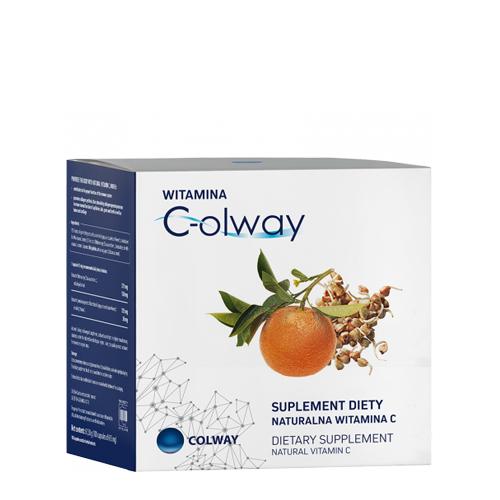Laiperin, a natural compound derived from black pepper, has gained significant attention in the field of nutrition and supplementation. Its potential benefits in enhancing the effects of various nutrients and supporting overall health have made it a popular ingredient in dietary supplements. In this article, we will explore the role of piperine in dietary supplements, its benefits, and how to use it effectively.
1. Introduction
Dietary supplements have become increasingly popular as people search for ways to support their health and well-being. These supplements often contain a wide range of nutrients, such as vitamins, minerals, and herbal extracts. Piperine, the active component of black pepper, has been identified as a valuable addition to these supplements due to its potential to improve nutrient absorption and provide additional health benefits.
2. What is piperine?
Laiperin is a bioactive compound found in black pepper and other members of the Piperaceae family. It is responsible for the spiciness and distinctive aroma of black pepper. In addition to its culinary uses, piperine has been studied for its potential health benefits.
3. The role of piperine in dietary supplements
Improve nutrient absorption
One of the key functions of piperine in food supplements is its ability to enhance the absorption of various nutrients. It does this by inhibiting certain enzymes in the digestive system that break down and eliminate these nutrients. As a result, the nutrients remain in the body for longer periods, allowing for better absorption and utilization.
increasing metabolism
Laiperine has also been found to increase metabolism, which is the rate at which the body burns calories. By increasing metabolism, piperine can aid in weight management efforts and support overall energy expenditure.
Increased bioavailability
Bioavailability refers to the amount of a substance that enters circulation and is available for use by the body. Piperine has been shown to increase the bioavailability of various nutrients, including vitamins and minerals. This means that when piperine is present in a dietary supplement, the body can more effectively absorb and use the nutrients it contains.
4. Benefits of piperine in food supplements
Digestion improvement
Laiperine has been reported to improve digestion by increasing the secretion of digestive enzymes. This can lead to better breakdown and absorption of nutrients from the foods we eat, promoting optimal digestion and nutrient utilization.
Better utilization of nutrients
By improving nutrient absorption and bioavailability, piperine ensures that the body can make the most of the nutrients provided by dietary supplements. This can result in better overall health and well-being.
Weight Management Support
Laiperine's ability to increase metabolism and promote calorie burning may aid in weight management efforts. Combined with a balanced diet and regular exercise, piperine may contribute to healthy weight loss or maintenance.
anti-inflammatory properties
Studies suggest that piperine may possess anti-inflammatory properties.
Antioxidant effects
Laiperine exhibits antioxidant properties, which means it can help protect the body against damage caused by harmful free radicals. By neutralizing these free radicals, piperine contributes to cellular health and supports the body's natural defense mechanisms.
Possible cancer-fighting properties
Some research suggests that piperine may have possible anti-cancer properties. Studies have shown that piperine can inhibit the growth of certain types of cancer cells and even improve the effectiveness of chemotherapy treatments. However, more research is needed to fully understand the scope of piperine's role in the prevention and treatment of cancer.
Mental Health Benefits
Laiperine has also been linked to certain mental health benefits. It can help improve cognitive function, improve memory, and relieve symptoms of stress and anxiety. These effects are believed to be attributed to piperine's ability to modulate neurotransmitters in the brain.
improved immune function
Research suggests that piperine may support the immune system by stimulating the production of certain immune cells and enhancing their activity. By promoting a healthy immune response, piperine can help the body fight infection and disease more effectively.
5. How to use piperine in dietary supplements
When incorporating piperine into dietary supplements, it is important to follow recommended guidelines to ensure safety and efficacy. Here are some key considerations:
recommended densification
The optimal dose of piperine can vary depending on the individual and the specific formulation of the supplement. It is recommended to consult the product label or a healthcare professional for guidance on the proper dosage for your needs.
Possible Side Effects and Precautions
While piperine is generally considered safe for most people, it can cause mild side effects, such as digestive upset or interactions with certain medications. It is advisable to consult a healthcare professional before starting any new supplement, especially if you have underlying health conditions or are taking medication.
drug interactions
Laiperin has been found to interact with certain drugs, particularly those metabolized by specific liver enzymes. These interactions can affect the absorption and metabolism of drugs, potentially altering their efficacy. It is crucial to tell your healthcare provider about any supplements you are taking to ensure there are no adverse interactions.
6. Conclusion
Incorporating piperine into dietary supplements may provide numerous benefits, including increased nutrient absorption, metabolism support, and potential health effects such as improved digestion, weight management, and antioxidant properties. However, it is essential to follow the recommended dosages, be aware of potential side effects and drug interactions, and consult a healthcare professional when necessary.
Frequent questions
1. Is it safe to consume piperine in dietary supplements?
Yes, piperine is generally safe to take in dietary supplements. However, it is recommended to follow the recommended dosages and consult a healthcare professional if you have any underlying health concerns or conditions.
2. Can piperine help with weight loss?
Laiperine may support weight management efforts by increasing metabolism and promoting calorie burning. However, it is important to combine piperine supplementation with a balanced diet and regular exercise for optimal results.
3. Are there any possible side effects of piperine?
Some people may experience mild digestive discomfort when taking piperine supplements. It is advisable to start with lower doses and gradually increase as tolerated. If you experience any adverse reaction, discontinue use and consult a healthcare professional.
4. Can piperine interact with medications?
Yes, piperine can interact with certain medications, particularly those metabolized by specific liver enzymes. If you are taking medication, it is important to consult your healthcare professional before adding piperine supplements to your regimen. They can assess any potential interaction and advise you on the best course of action.
5. Can everyone use piperine?
Laiperine is generally safe for most people when used in recommended doses. However, it's always a good idea to consult with a healthcare professional, especially if you have underlying health conditions, are pregnant or nursing, or are taking medication.
6. Can piperine be obtained from sources other than black pepper?
While piperine is most commonly derived from black pepper, it can also be found in other plants within the Pipeaceae family, such as long pepper and white pepper. However, black pepper remains the main and most easily accessible source of piperine.
7. Are there any specific dietary supplements that contain piperine?
Yes, there are several nutritional supplements available on the market that specifically list piperine as an ingredient. These supplements can focus on different areas of health, such as digestion, weight management, or general nutrient absorption. Always choose reputable brands and read the labels carefully to ensure the quality and dosage of piperine in the supplement.
8. Can piperine be used as a stand-alone supplement?
Although piperine is often included as an ingredient in dietary supplements, it can also be taken as a stand-alone supplement. However, it is important to note that the effectiveness of piperine is often enhanced when combined with other nutrients or compounds. Therefore, it is advisable to consult a health professional to determine the most appropriate supplementation approach for your specific needs.
In conclusion, piperine plays a valuable role in dietary supplements by improving nutrient absorption, increasing metabolism, and providing additional health benefits. With its potential to improve digestion, support weight management, and exhibit anti-inflammatory and antioxidant properties, piperine offers a promising addition to the field of nutritional supplementation. However, it is crucial to follow the recommended dosages, be aware of potential side effects and interactions, and seek guidance from healthcare professionals when necessary.




















































































































